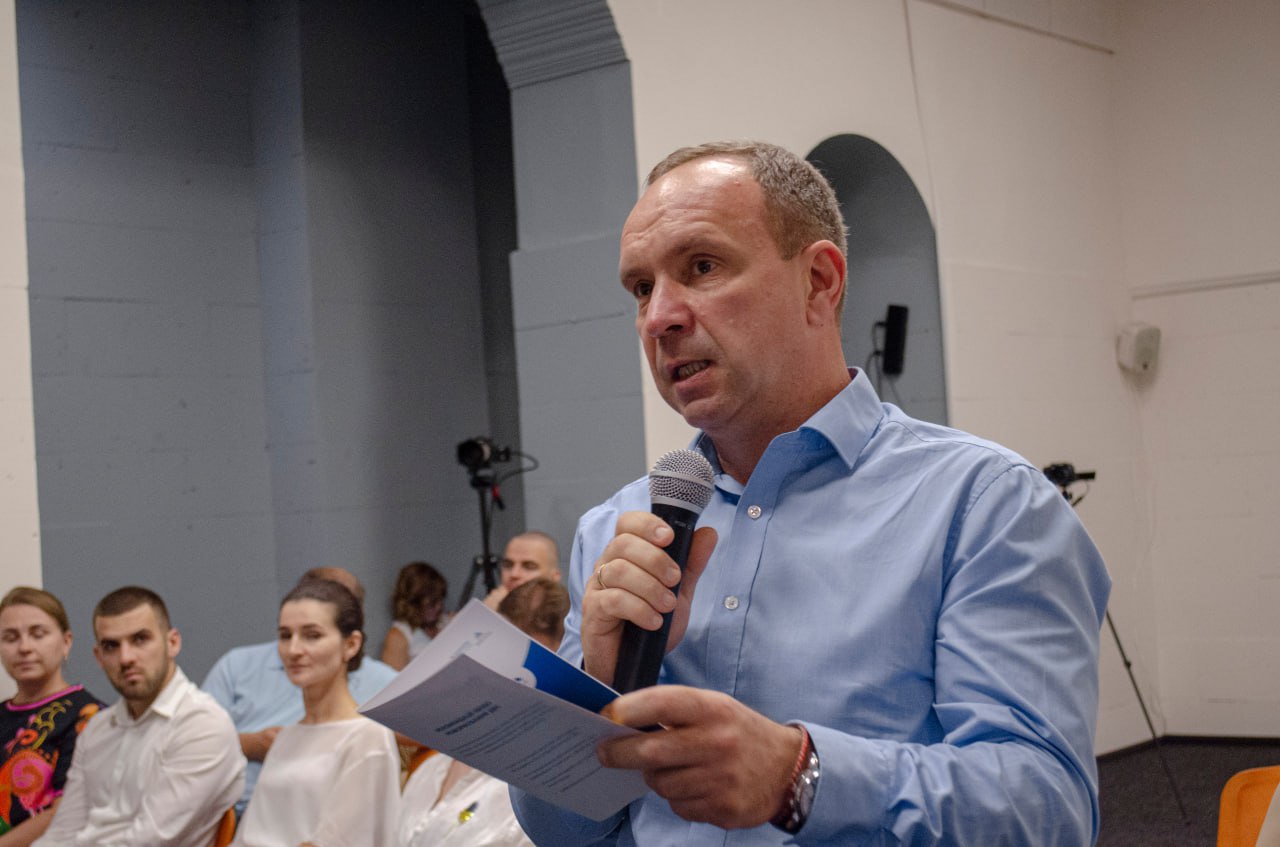Study of the Area of Enforcement of Decisions of Courts and Other Bodies in Ukraine Was Presented to the Public

On August 8, the presentation of the results of a sociological study in the area of enforcement of decisions of courts and other bodies in Ukraine, conducted at the request of the EU Project Pravo-Justice, took place. This study is part of a complex sociological survey, which covers the study of problematic issues and key challenges in four areas – enforcement of court decisions; insolvency; notary, and forensic examination.

“For the EU Project Pravo-Justice, the field of enforcement is one of top-priorities. Getting a court decision is half the battle: one still needs to have it executed. Sometimes the actual execution of a court decision takes longer than the court process itself,” noted Iryna Zharonkina, Property Rights and Enforcement Component Lead, EU Project Pravo-Justice.
“We set ourselves the goal to examine how SEOs and PEOs view the field of enforcement; what problems citizens and legal entities, who apply for enforcement of court decisions, and debtors face. It was important to understand what the impact of the full-scale war in Ukraine was in the field of enforcement,” added Iryna Zharonkina.
When presenting the results of the research, Oleksandr Shulha, Doctor of Social Sciences, spoke about the applicable methodology, the research being conducted using in-depth interviews, telephone and online surveys. The research was held within the period from May 19 to June 30, 2023, across the whole territory of Ukraine, except for the temporarily occupied territories of Donetsk, Luhansk, Zaporizhzhya, Kherson regions, and Crimea.
“When holding the research, we tried to explore three main components. The first one is how enforcement reform is being implemented in Ukraine. The second one is how the full-scale war has affected the field of enforcement, what obstacles for PEOs and SEOs arise. The third one covers the experience of cooperation with PEOs and SEOs and the general public perception of the area of enforcement and its representatives. I can state that we have produced an extremely thorough, even scientific, study,” said Oleksandr Shulha.

The presented study showed a demand for the continuation of enforcement reform. At the same time, the respondents identified the following as key obstacles on the way of reform: lack of popularity of enforcement and lack of leadership in the promotion of the reform; functioning of a “mixed” enforcement system; contradictory legislation; court practice; low level of protection of the rights of creditors in law.
A survey of citizens who had experience of cooperation with SEOs and PEOs regarding their effectiveness showed that PEOs were considered as more effective: 38% of respondents are completely satisfied with the quality of their services; 56% are rather satisfied. If we talk about SEOs, 5% of respondents gave the answer “completely satisfied”, 45% were “rather satisfied". According to the respondents, one of the reasons for lower efficiency of SEOs is the excessive administrative workload with “papers" and a large number of cases, which prevents from paying sufficient attention to the enforcement of court decisions. At the same time, PEOs can independently plan their activities and attract assistants.
48% of respondents have heard of cases of corruption involving SEOs, and 20% have personally encountered corruption of SEOs. As to PEOs, the respective figures are 32% and 3%.

The presented study identified that the impact of the full-scale war on professional activities was more intensive for PEOs. This is related, in the first place, with the long process of restoring access to the Automated System of Enforcement Proceedings. At the same time, the following “military” challenges are common to PEOs and SEOs: decline of the country’s economy and the income of inhabitants, which negatively affects the rate of enforcement; legal restrictions on enforcement; temporary occupation of certain territories, and mining of a large part of the de-occupied territories and a large number of damaged property as a result of aggression by the Russian Federation.

The sociological study also demonstrated the SEOs’ and PEOs’ absolute demand for further automation and digitalization of enforcement proceedings, including improvement of the ASEP operation; automated seizure of accounts; access to registers; interoperability of information systems.
Video recording of the Report presentation.
Presentation of the Report.